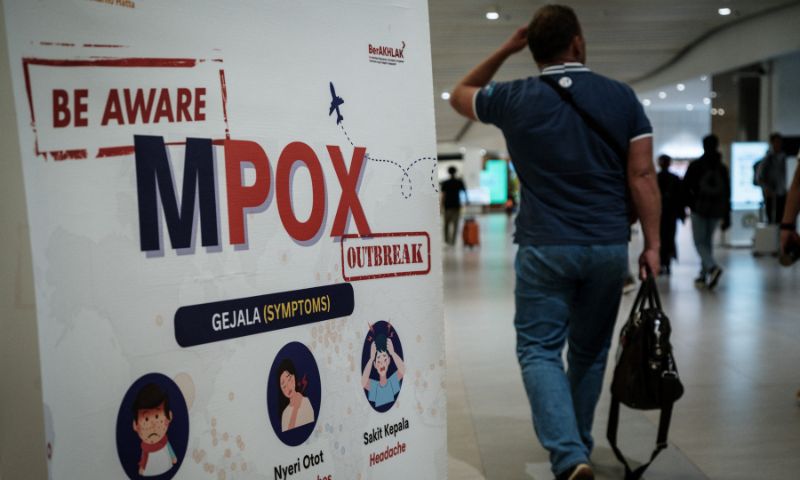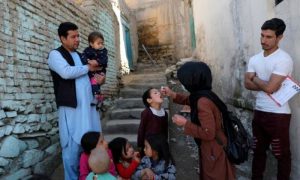BRAZZAVILLE: The African Union’s health watchdog said on Wednesday that it is close to securing nearly one million doses of mpox vaccines, urging manufacturers to share the vaccine-making technology to combat the outbreak across the continent.
The Africa Centres for Disease Control and Prevention (Africa CDC) is urging vaccine manufacturers to transfer production technology to local African producers to bolster the continent’s response to the viral disease.
Jean Kaseya, Director-General of the Africa CDC, said at a World Health Organization (WHO) regional meeting in Congo-Brazzaville that significant progress has been made in procuring mpox vaccines. “We are moving towards securing nearly a million doses,” Kaseya stated.
As part of the initiative, several countries have committed to sending vaccines to Africa, with Spain pledging 500,000 doses alone. To date, 215,000 doses have been secured from Danish manufacturer Bavarian Nordic. Kaseya highlighted the necessity for Bavarian Nordic to share the technology required to manufacture these vaccines within Africa. He expressed confidence that local production of mpox vaccines would commence “very soon.”
Mpox is a viral disease transmitted from animals to humans and can also spread between humans. The disease presents with symptoms such as fever, muscle pain, and skin lesions. The recent resurgence of mpox and the emergence of a new strain, Clade 1b, in Central Africa prompted the WHO to declare an international emergency on August 14.
The Democratic Republic of Congo, where Clade 1b was first identified, has been the hardest hit, accounting for 90 percent of reported mpox cases in 2024, according to the WHO. Other affected countries include Burundi, Rwanda, Kenya, and Uganda.
As of August 27, Africa had recorded 22,863 suspected cases and 622 deaths related to various mpox strains. The WHO reported 5,281 confirmed cases across the continent from the beginning of 2024 through August 25.
Kaseya acknowledged the challenges in providing precise figures, citing low testing rates in some countries and difficulties related to quality control and transport. Despite these hurdles, the Africa CDC remains focused on increasing vaccine availability and improving local production capabilities.























